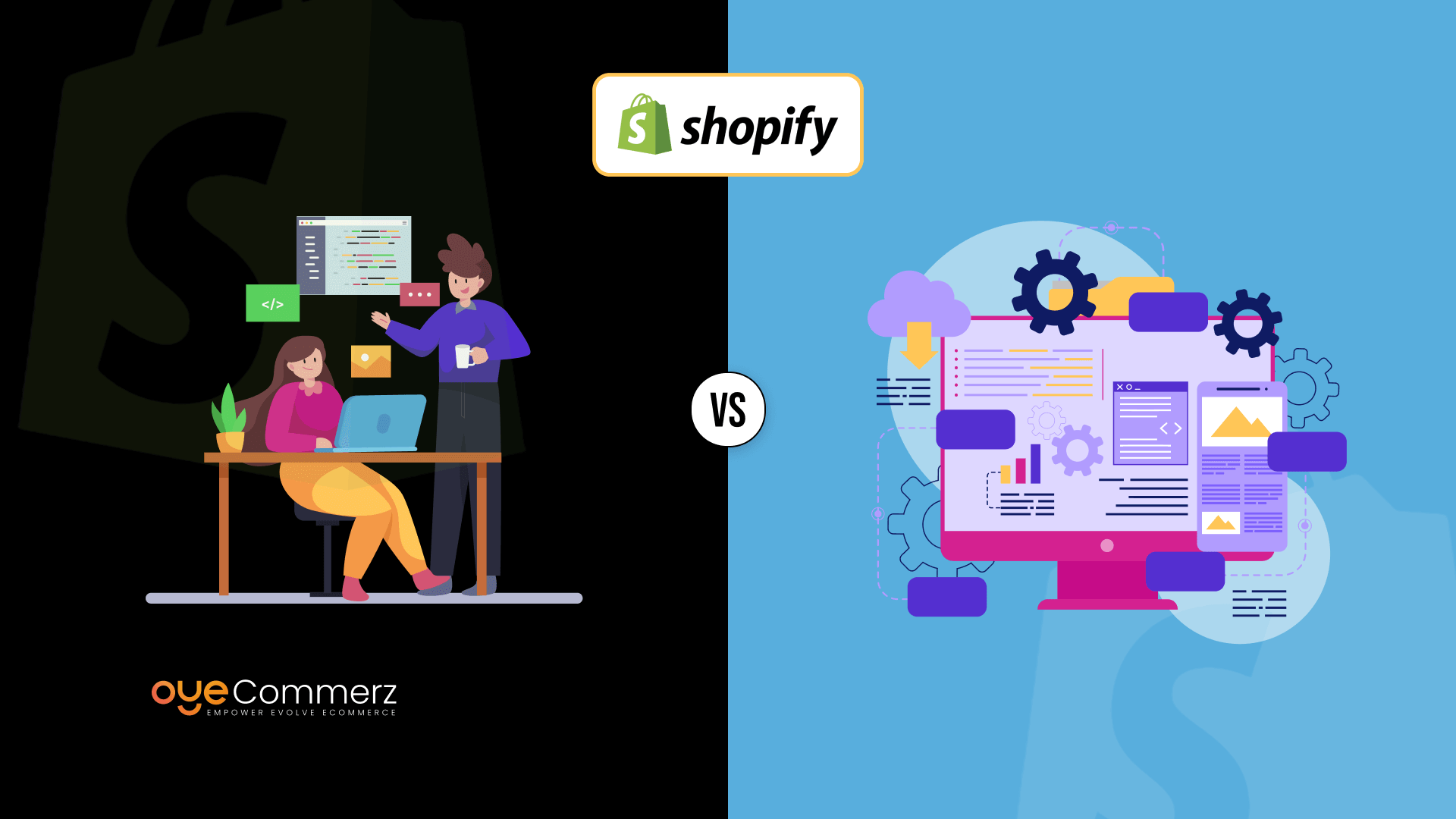Introduction
In the current cutthroat e-commerce environment, standing out is essential, and one of the best ways to set apart a Shopify store is through tailored app development. A robust Shopify app can enhance store functionality, simplify processes, and elevate customer interaction. This article explores essential aspects of Shopify app development, from API integration to scaling strategies and promotion methods, offering a roadmap for companies seeking superior store efficiency.
Why Shopify API Integration Matters
Shopify’s API provides powerful tools to personalize and extend store functionalities. With GraphQL and REST APIs, developers can retrieve information to create apps that manage inventory management, order handling, and customer information management seamlessly. Using Shopify’s API can lead to better workflow automation and enables stores to assist shoppers more efficiently.
Adopting the Polaris Design System
Polaris is Shopify's set of design guidelines for designing user-friendly and easy-to-use Shopify apps. By following Polaris guidelines, developers guarantee that apps seamlessly integrate within the Shopify Admin experience. This ensures a cohesive appearance that resonates with Shopify merchants, promoting usability and comfort for merchants utilizing your custom app.
Navigating the Shopify App Ecosystem
The Shopify app ecosystem provides numerous opportunities for improving online stores. From managing fulfillment processes to increasing customer interaction, apps in this ecosystem are tailored to meet various business requirements. Familiarizing with this ecosystem helps developers in finding unique app ideas and allows for seamless integration of third-party services that enhance the store.
Developing Embedded Shopify Apps
Embedded apps integrate directly within the Shopify Admin, allowing a seamless experience for merchants. They allow merchants don’t have to navigate away from their Shopify dashboard, simplifying their process. Using Using Polaris for better Shopify apps Shopify App Bridge and embedded app capabilities is a best practice for providing a unified, well-integrated user environment.
Leveraging Node.js and React for Shopify Development
The technologies Node.js and React have become top options for Shopify app creation. This server-side framework enables high-performance server-side applications, while React allows for interactive and adaptive front-end user interfaces. Together, they provide an strong platform for building fast, scalable Shopify apps that enhance store performance and customer interaction.
Utilizing Webhooks in Shopify Development
Webhooks enable instant data synchronization between Shopify and an external app. They trigger events such as order creation or inventory updates and send instant notifications to your app. By implementing webhooks, apps can provide up-to-date insights for store owners, simplifying processes and increasing efficiency.
Customer Engagement and Digital Marketing for Shopify Apps
To make a Shopify app successful, engaging customers is key. Utilizing digital marketing strategies like SEO, email marketing, and social media campaigns can drive app adoption. Additionally, designing apps with customer engagement in mind (e.g., loyalty programs or personalized recommendations) increases user loyalty and satisfaction.
Making Your Shopify App Scalable
As e-commerce stores expand, so do their technology requirements. Making sure that your app can manage increased traffic, larger databases, and more complex functionalities is essential. By optimizing server resources and implementing scalable solutions, you can create apps that expand in tandem Build engaging Shopify experiences with a store’s success.
Essential Features and Maintenance for Shopify Apps
For an app to be effective, it should include key capabilities like user login, analytics dashboard, and customer support options. Regular app maintenance, including updates to fix bugs and ensuring compatibility with new Shopify functionalities, is important to ensure continuous operation and prevent disruptions to business processes.
Summary
Custom Shopify app development offers immense opportunities for e-commerce stores, offering the chance to improve performance, streamline processes, and foster customer loyalty. With API integrations and Node.js to focusing on scalability and customer engagement, creating a Shopify app requires thoughtful preparation and strategic execution. If you’re ready to unlock your store’s full potential, a tailored Shopify application could be the perfect choice. What features do you see for your dream application? Share your thoughts and take the first step toward an optimized e-commerce journey!
